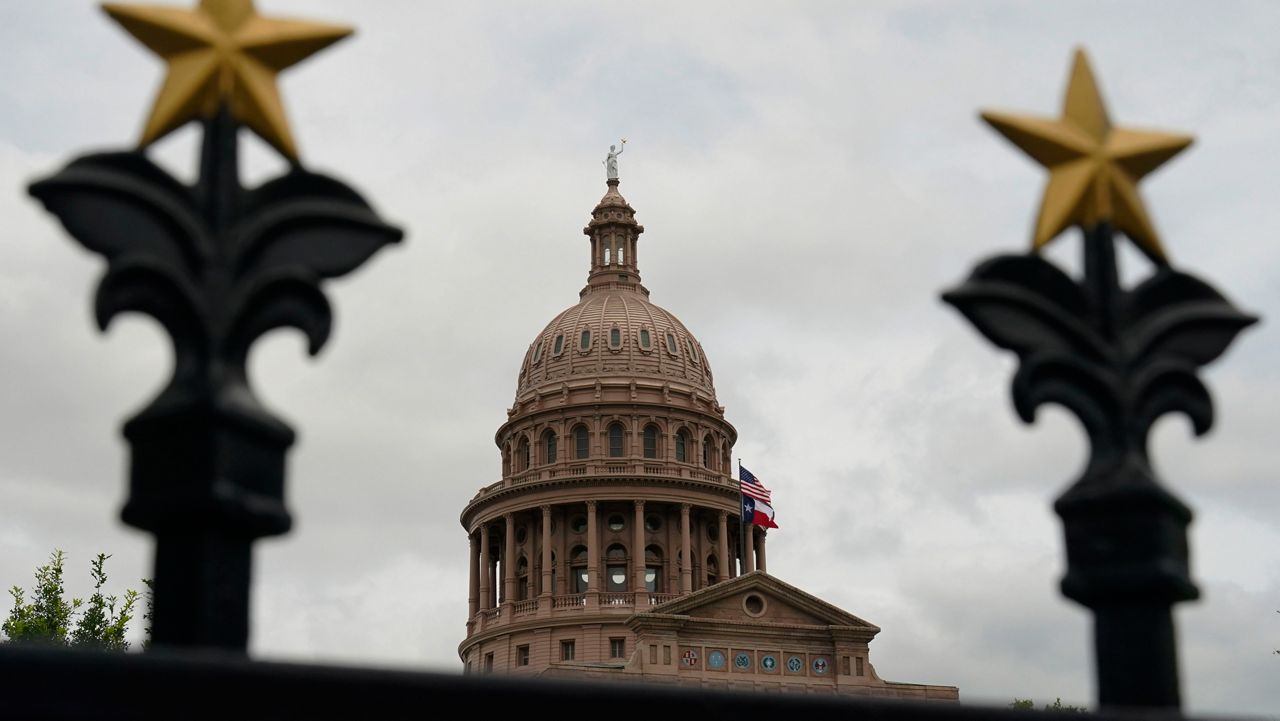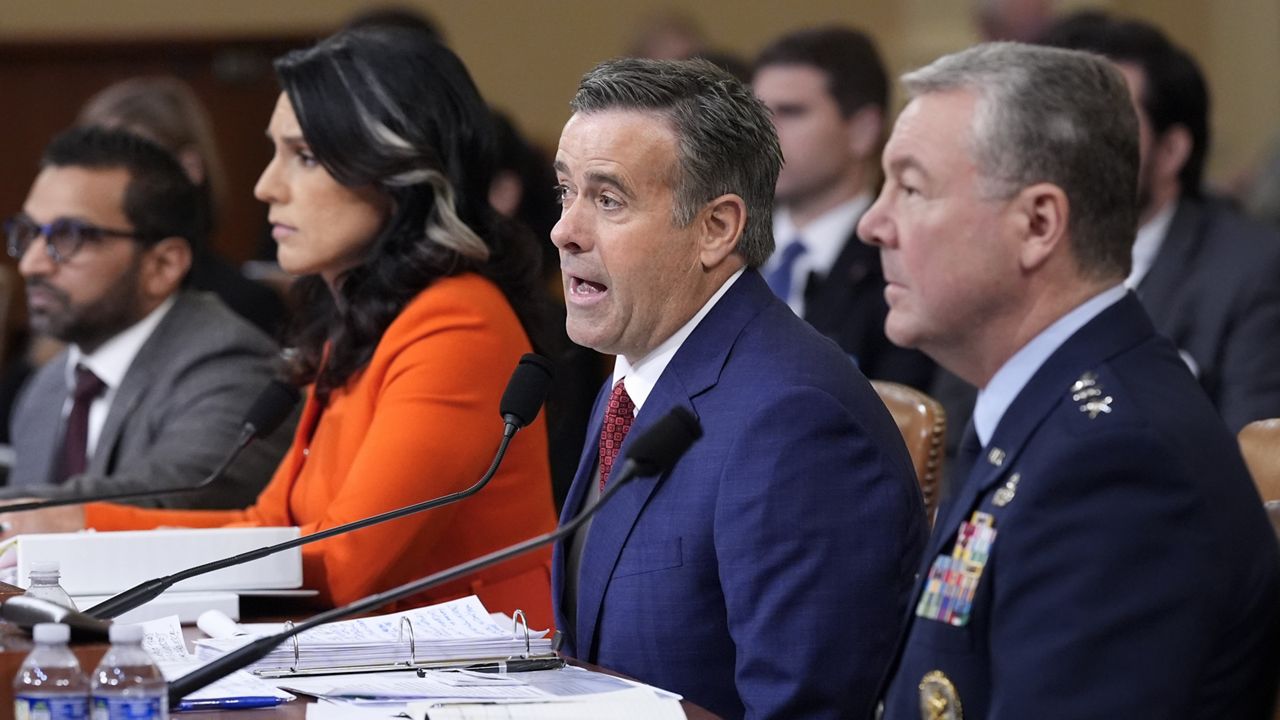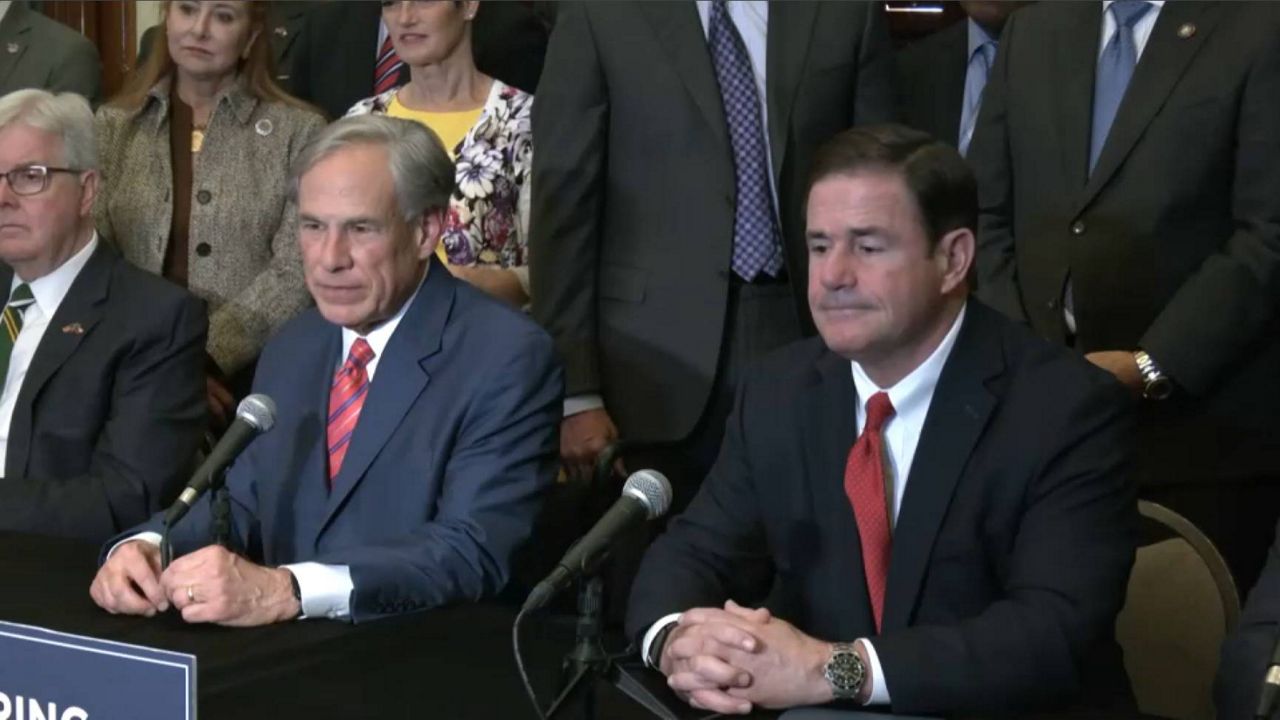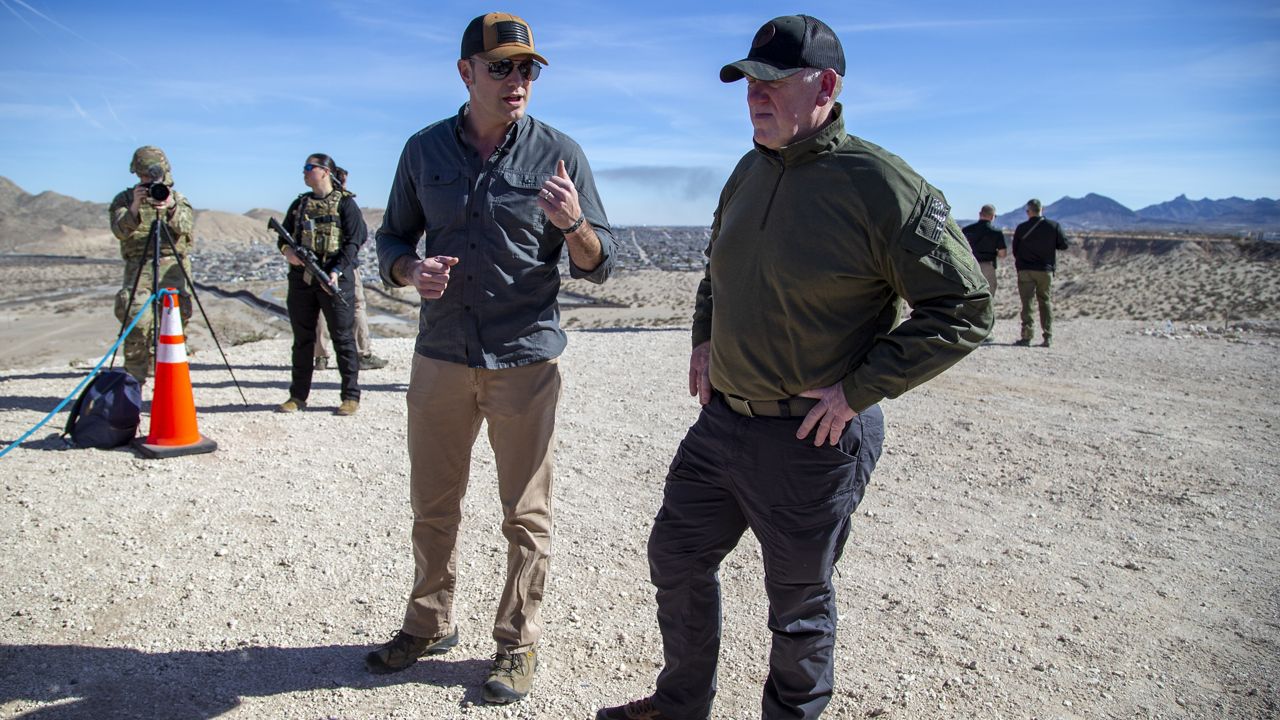AUSTIN, Texas — Gov. Greg Abbott has made passing a school voucher bill this year his top priority.
The Senate easily and quickly passed its voucher proposal, Senate Bill 2, early in the session. The House planned on beginning its deliberations on the issue Tuesday. However, the highly anticipated committee hearing was canceled Monday night at the last minute, raising questions about the bill’s prospects.
The committee chair said in a statement he “made a commitment to members that they would have ample time to review and digest the changes in the committee substitute and the district runs.”
“We needed more time to understand the impacts of the school finance bill, because it’s very complicated, and we rely on estimates of what our districts are going to get in those bills before we can make an informed decision,” said Rep. Gina Hinojosa, D-Austin.
The changes to the public school finance bill increased the basic allotment—the amount of funding schools receive per student—from the original $220 increase to $395, raising the total funds per student to $6,555. Since 2019, the basic allotment has been set at $6,160.
“This minor increase, probably just providing more flexibility, to a school district,” said Jorge Borrego with the Texas Public Policy Foundation.
Public school leaders testified before a Texas House committee earlier this month saying the proposed funding increase wasn’t enough to offset inflation.
The basic allotment can be used for non-classroom expenses, which is why Democrats say it’s still not enough money.
“Just for perspective, in order to get our students back up to 2019 spending, we need to spend another $1,340 per student,” said Hinojosa.
In the substituted school voucher bill, there is now a $1 billion spending cap after concerns that Republican supporters misled people about how much the voucher program could balloon. The state budget proposal has $1 billion appropriated for vouchers, but the cap would prevent any changes without legislative approval.
“There was a lot of fear mongering, by people that thought that this was going to be a runaway program. At the end of the day, legislators set the appropriation, and this is just proof that they do,” said Borrego.
Before the changes came out, state Rep. John Bucy III, D-Austin, called out the possibility of the vote not being livestreamed. He says these are the biggest bills this session, emphasizing the need for a transparent process.
“We’re just want to make sure we know exactly how it’s going to impact our constituents before the committee moves forward,” said Bucy.
The hearing and vote is expected to be rescheduled for Thursday with an available live stream. Hinojosa hopes the time will change minds.
“I think the longer we have for people to understand what’s going on and how bad it impacts all sorts of things, I think we’ll see more resistance,” Hinojosa said.
But supporters of the bill say it will be business as usual.
“This, if anything, I say, this has to do more with getting things right on the school finance component,” said Borrego.










)
